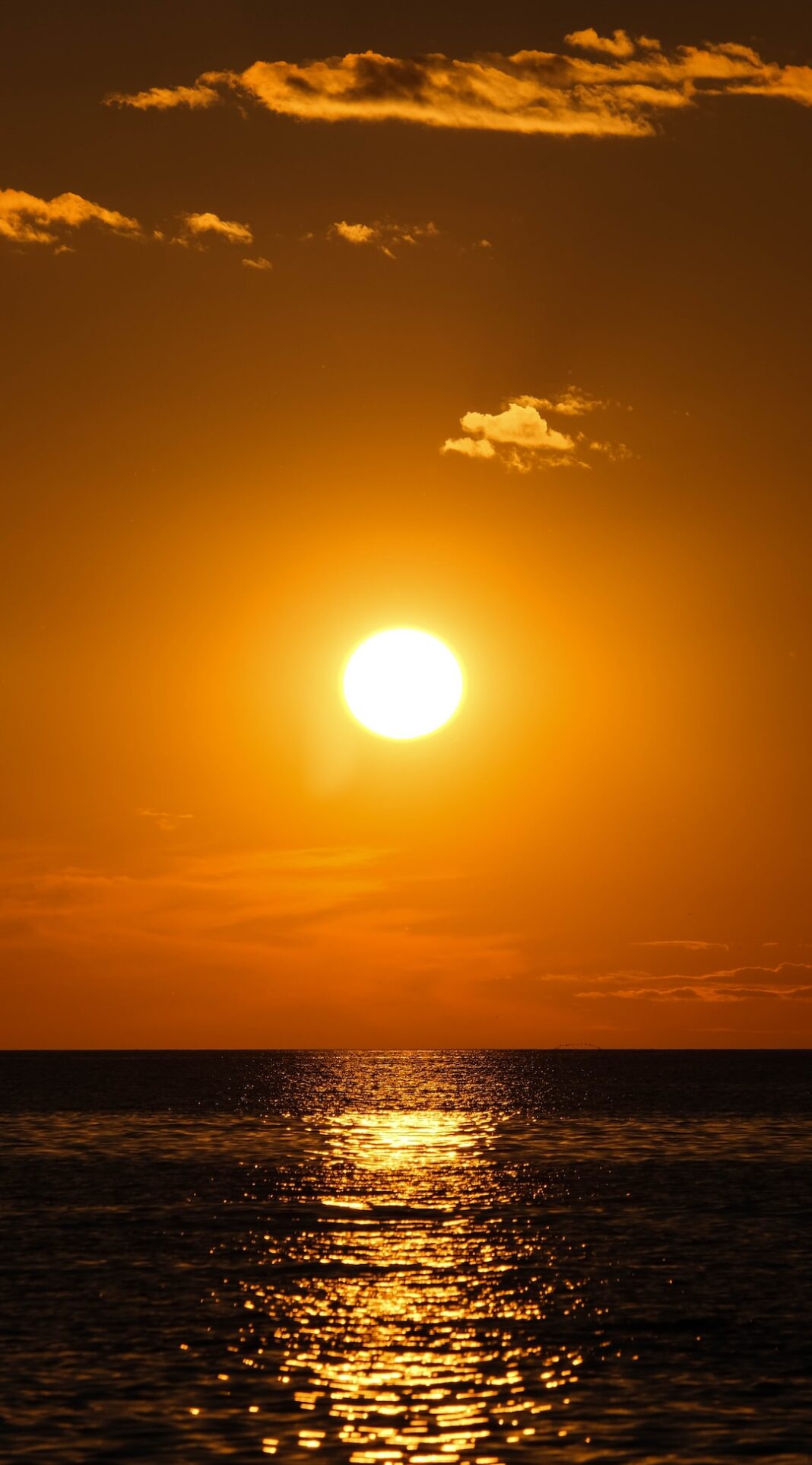SAN FRANCISCO—A lawsuit claiming that the San Francisco Sheriff’s Department engaged in cruel and unusual punishment by denying inmates access to sunlight officially went to court on Tuesday, August 8. The lawsuit was initially filed in May of 2019.
According to the plaintiffs,’ the denial of sunlight is a violation of the U.S. Constitution under the 8th amendment and alleges that being deprived of sunlight has been linked to the development of chronic illnesses.
Inmates claim a lack of sunlight has resulted in impaired mental health, loss of cognitive function, social interaction skills and muscle weakness.
The complaint asks the jails to cease the practices of confinement and isolation and implement procedures to permit more out-of-cell time for all prisoners, provide access to regular outdoor recreation and sunlight as well as medical treatment for all prisoners who may require it.
Yolanda Huang, a civil rights and defense attorney who is representing the inmates, stated, “We firmly believe that no one should suffer inhumane conditions, and the denial of sunlight to prisoners represent a severe violation of their basic human rights.”
The lawsuit cites that County Jails 4 and 5 prevented sunlight access to inmates and claims that those jails allegedly locked pre-trial inmates in cells for excessive amounts of time. Some of these inmates were confined up to six and a half years, according to the complaint.
The two jails allegedly subjected over 1,100 inmates daily and 30,000 annually to this treatment.
Kenyon Norbert, who is an incarcerated man named in the lawsuit, has been in custody as a pretrial detainee since 2014. He has spent a total of 1,788 days without feeling sunlight or being outdoors. As a result Norbert has gained almost 100 pounds, experiences anxiety and depression and believes he is vitamin D deficient.
Plaintiffs Montrail Brackens and Jose Poot took the stand in front of U.S. Magistrate Judge Sally Kim and explained that they seek to represent the class of prisoners housed at the detention facilities.
Both Brackens and Poot claim they suffer from severe psychological distress, obesity and other health problems because of their lack of access to light.
Testifying through a Spanish interpreter, Poot said that he has only received about 20 to 30 seconds of sunshine per year since he was first incarcerated in 2016. He explained that as a result he has been experiencing memory problems and persistent headaches. Poot told Huang that he doesn’t feel like doing anything and that he often forgets the names of other inmates he is housed with.
According to reports, Poot is of Mayan descent and identifies as “dark skinned” but now appears pale compared to how he used to look. He was diagnosed with a vitamin D deficiency and was prescribed medication. Poot stopped taking the medication because it caused him to experience dizziness.
The San Francisco Sheriff’s Department argued that security concerns prevent inmates from engaging in outdoor activities at both detention facilities. They claim there is a lack of sufficient personnel to supervise inmates during outdoor exercise.






